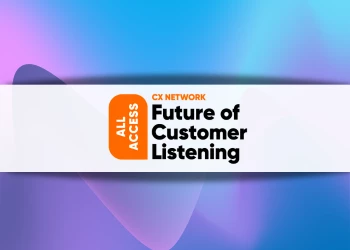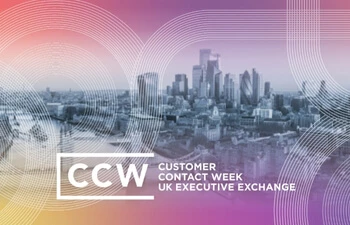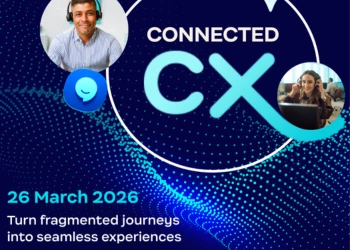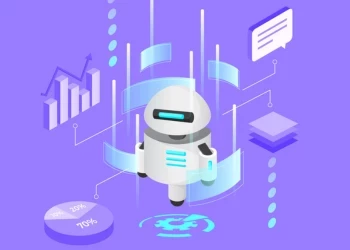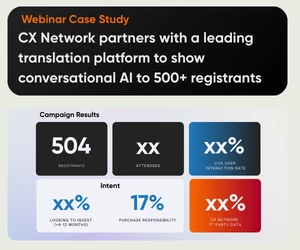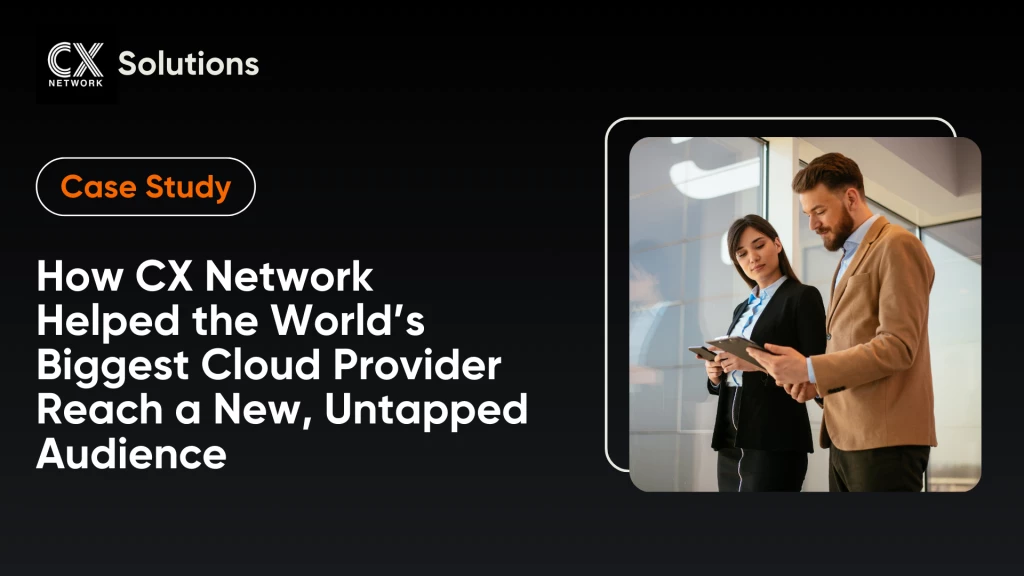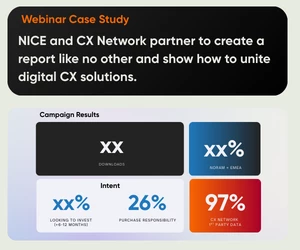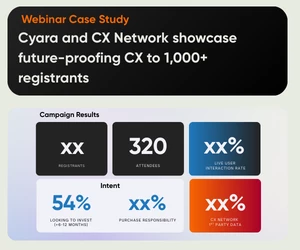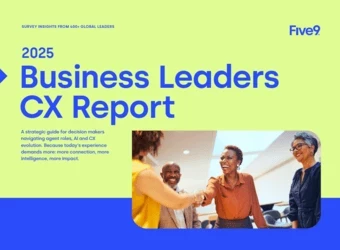7 essential questions for a successful CX implementation
Colin Shaw shares the 7 questions that can inspire fresh thinking and customer-focused perspectives
Add bookmark
Over the last 20 years I have developed seven key strategic questions that are critical to a successful CX implementation and I am constantly surprised that too many companies cannot answer them. When I ask the questions below, my goal is to get people to think differently, delve deeper and view their experiences through the lens of their customers.
What kind of experience are you trying to deliver?
For years, this question has stumped organizations, primarily because there is seldom a cohesive response. If every member of a team thinks differently about the intended customer experience, the result is disjointed and ineffective. This is a pivotal strategic question and finding a unanimous answer is critical.
Consider Michél Patterson from Maersk Line, the world's largest shipping container company. Maersk was able to enhance its Net Promoter Score (NPS) by 40 points over 30 months, subsequently increasing shipping volumes by 10 percent. This success lay in its clear intention to deliver an experience that conveyed trust, care and satisfaction. When considering your answer to this question, try to identify the emotional core of the interaction.
Is your organization genuinely customer-centric?
Being customer-centric is the backbone of exceptional CX. Based on our model, we classify companies as Naïve, Transactional, Enlightened or Natural. Presently, many organizations, except the Naturals, are drifting away from their customer focus due to various external factors, which is reflected in declining customer satisfaction scores. This shift needs to be challenged with pointed questioning.
How do customers perceive the time spent with you?
In this podcast, Joe Pine, author of The Experience Economy, highlighted three critical perspectives customers might have regarding their interaction with your organization: time well-saved, time well-spent or time well-invested. It is essential to understand which category your customers fit into and adjust your experience accordingly to align with their expectations.
What do customers truly want and value?
Knowing what drives or destroys value for your customers can help better align your offer. However, asking customers directly may not yield accurate insights. This discrepancy is evident in the popular example of Disney park-goers who claimed to prefer salad options but chose burgers when the time came. This underlines the need to investigate what customers genuinely desire and the value your experience provides.
How accurately can you predict customer behavior?
In the coming years, the ability to predict customer behavior will define success in delivering CX. Companies like Apple and Starbucks have leveraged customer behavior data to anticipate and cater to their customers' needs proactively. It is time to consider how your organization can adopt similar tactics to enhance your customer experience.
Are you fully embracing the new wave of customer science?
Customer science combines customer data, artificial intelligence and behavioral sciences. This fusion is powering the next era of customer experiences by enabling predictive interactions. It is vital, however, to consider all these elements in balance to understand not just what customers are doing but why.
Are you deliberately creating memorable experiences for your customers?
Customer loyalty is strongly tied to memory. It's crucial to ask whether your organization is intentionally creating memorable experiences that evoke the right emotions in your customers. This attention to detail could be the difference between a one-time visitor and a repeat customer.
Driving and navigating progress
While these seven questions are pivotal, many organizations struggle to answer them. Amid the daily grind, strategic thinking often takes a backseat. Yet addressing these queries can help navigate your organization toward long-term growth and success.
Changing your approach to customer experience begins today. By focusing on what needs to be done in the coming years, you can make meaningful changes to your organization's future. It is time to stop running and time to start focusing on the strategic questions that will define the future of customer experience.


